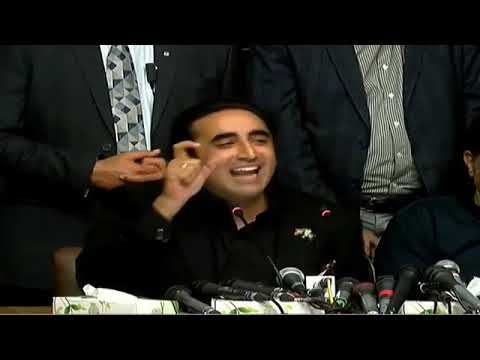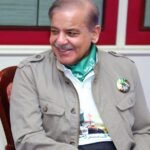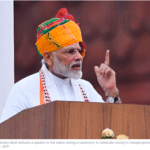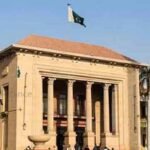In a compelling address to a workers’ convention in Peshawar, Bilawal Bhutto Zardari, Chairman of the Pakistan People’s Party (PPP), underscored the persistent challenges his party has faced in securing a fair playing field in general elections. On Saturday, he expressed the PPP’s adaptability to contesting polls despite the odds against them.
“For PPP, there was never a level playing field. We are used to (contesting) without even having a level playing field,” Bilawal remarked, emphasizing the historical context of the PPP’s electoral journey. He harked back to the 1988 elections when the formation of a united political alliance named Islami Jamhoori Ittehad (IJI), backed by the establishment, did not prevent Benazir Bhutto from securing victory and becoming the country’s first female prime minister.
Bilawal then delved into the complexities of the 2002 election under the late military ruler General Pervez Musharraf, asserting that it was “snatched away” from the PPP due to alleged betrayals. He recalled Benazir Bhutto’s characterization of those who betrayed the party as ‘Pakistan People’s Parasites.’
Questioning the purported impartiality of the 2008 elections, which the PPP won, Bilawal highlighted the challenges the party faced, including the killing of 200 workers in the first pre-election rally and the tragic assassination of Benazir Bhutto later that year on December 27. Despite the adversities, the PPP emerged victorious and formed a government.
Bilawal addressed concerns about the forceful imposition of a prime minister, asserting that such tactics were futile. He affirmed the PPP’s commitment to contesting elections on its own symbol, the arrow, and pledged to steer clear of future alliances akin to IJI.
The PPP chairman, recognizing the weariness of established politicians leading the country, advocated for a fresh perspective, asking why the nation should choose a prime minister for the fourth time when a leader from the youth could step in. Reflecting on his stint as the foreign minister, Bilawal highlighted the need for election to the prime minister’s office to further contribute to the country’s progress.
Vowing to bury the “old politics” prevalent in the country, Bilawal outlined his vision for the betterment of the people and the modernization of Pakistan into a powerful nation. He urged unity among the people of Khyber Pakhtunkhwa, emphasizing that overcoming differences would be the key to unbeatable strength.














